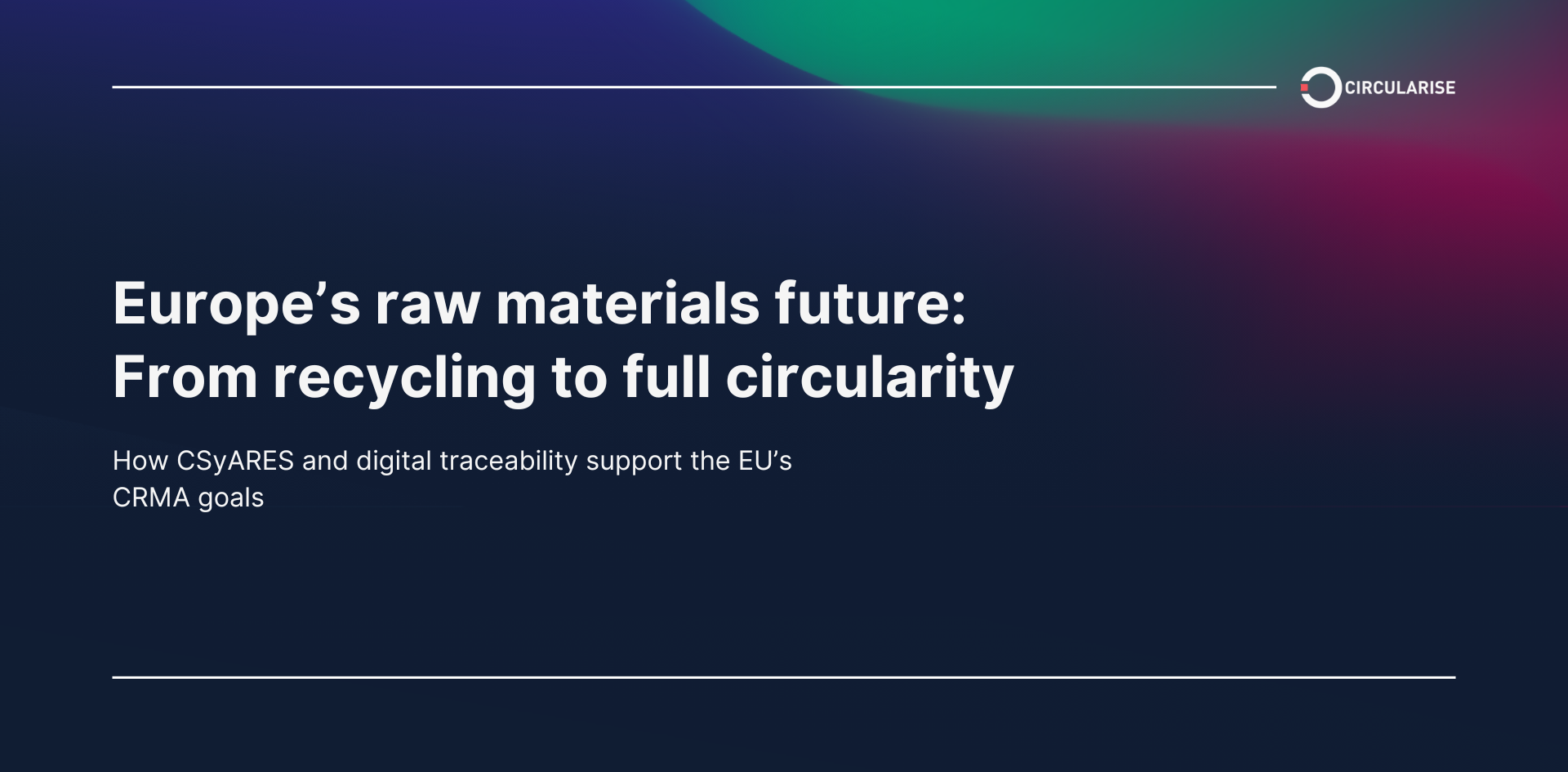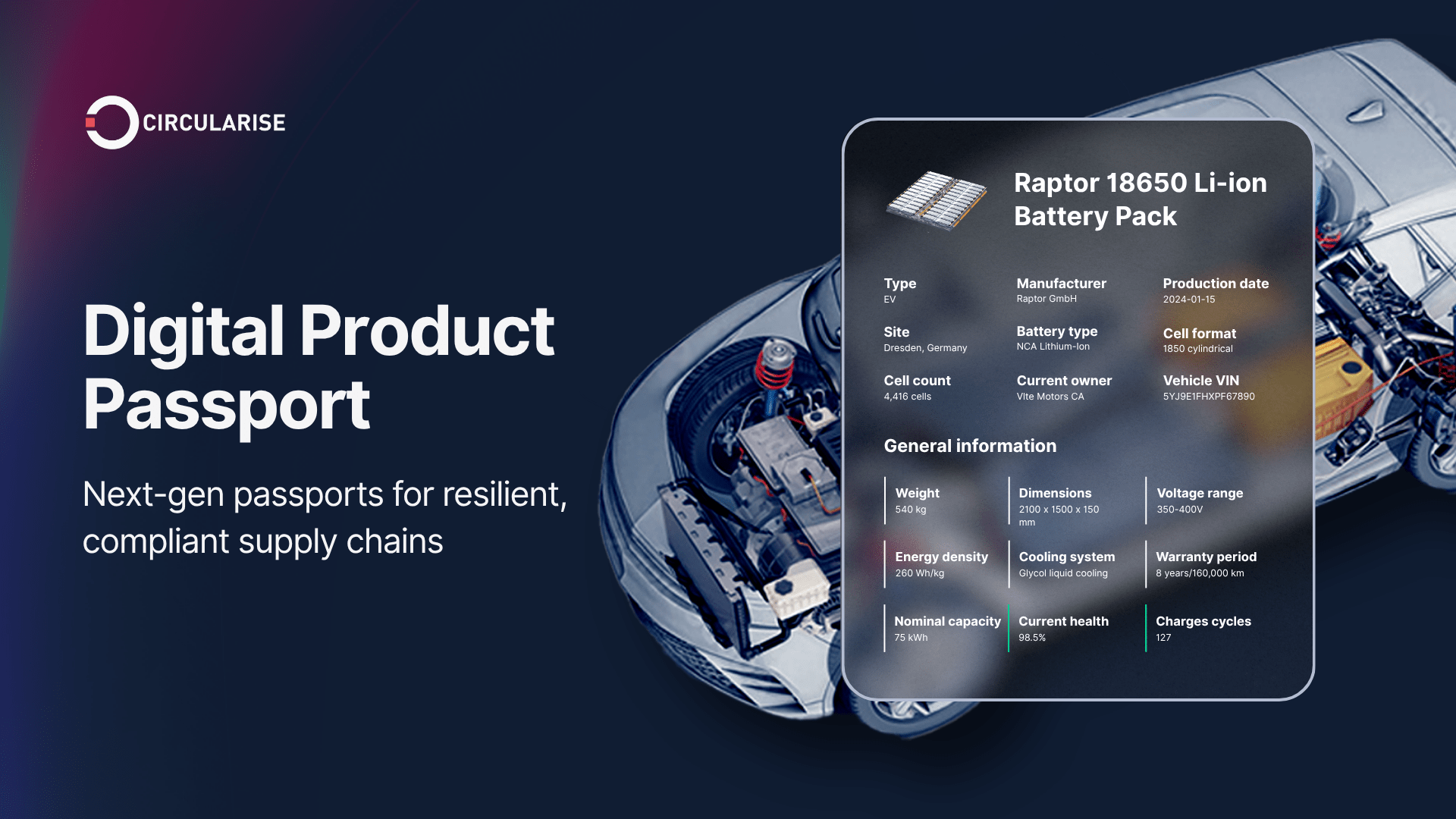With the passage of the Inflation Reduction Act (The IRA), the United States government has established a roadmap to a clean energy future from 2023 to 2033. The bill contains various provisions that direct government spending to lower healthcare costs, improve tax compliance, and most importantly, to reduce the environmental footprint of the US. Allocating nearly $400 billion in incentives and tax breaks, it aims to support domestic manufacturing, address critical materials, fund environmental justice priorities and equity initiatives, and boost cutting-edge clean energy technologies. The Inflation Reduction Act (the IRA) is one of the largest climate regulations in the United States that aims to drive domestic EV production by providing tax credits of up to $7,500 to consumers - if the vehicle meets certain value, type, and battery material and component requirements.
The Inflation Reduction Act summary:
- Provides up to $7,500 in federal tax credits for the purchase of a new EV
- The vehicle must have undergone its final assembly in North America, which includes the United States and Puerto Rico, Canada, and Mexico
- From March 2023, additional eligibility requirements for the EV battery come into effect, and two separate criteria must be met for the vehicle to qualify
- To qualify for the first $3,750 in tax credits, at least 50% of the vehicle’s battery components must be produced or manufactured in North America.
- To qualify for the second $3,750 in tax credits, at least 40% of the battery-critical minerals must come from the United States, or countries with a free trade agreement with the United States.
An important part of the Inflation Reduction Act are the tax breaks for the purchase of electric vehicles (EVs). Over the next decade, consumers of electric vehicles can access up to $7,500 in federal tax credits for the purchase of a new EV. These tax breaks come with income requirements for the consumer, as well as vehicle price requirements that must be met. In addition, the vehicle must have undergone its final assembly in North America, which includes the United States and Puerto Rico, Canada, and Mexico as eligible locations.
However, not every company will be able to qualify for the Inflation Reduction Act tax break. Which ones will? Scroll down to find out the answer.
Inflation Reduction Act tax credits requirements for new EVs
From March 2023, additional eligibility requirements for the EV battery come into effect. Qualifying for the full $7,500 in tax credits will require two separate criteria.
- To qualify for the first $3,750 in tax credits, at least 50% of the vehicle’s battery components must be produced or manufactured in North America. Battery components such as cathode electrodes, anode electrodes, solid metal electrodes, separators, liquid electrolytes, solid state electrolytes, battery cells, and battery modules must be produced or manufactured or assembled in the territories of the United States, Canada, or Mexico. Manufacturing and assembly is further defined as the industrial and chemical steps taken to produce a battery component, or the process of combining battery components into battery cells and battery modules. The figure below shows how automakers can determine their eligibility for this first criteria.
- To qualify for the second $3,750 in tax credits, at least 40% of the battery-critical minerals must come from the United States, or countries with a free trade agreement with the United States. These minerals include : cobalt, lithium, neodymium, nickel, platinum, titanium, and zinc among othersc used to create powders for cathode active materials, powders for anode active materials, foils, metals for solid electrodes, binders, electrolyte salts, and electrolyte additives, as required for a battery cell. Moreover, these required percentages increase each year in order to qualify for the tax credit.
These critical minerals can be either (1) recycled in North America, or (2) extracted or processed in the United States or any country with which the United States has a free trade agreement. To determine whether the critical minerals qualify, the procurement chains of each critical mineral needs to be mapped, detailing the country of origin, as well as the mass of the material over a certain period of time (year, quarter, month) for vehicles in the same model, line, plant, or class. The countries which qualify because of free trade agreements with the United States include Australia, Bahrain, Canada, Chile, Colombia, Costa Rica, Dominican Republic, El Salvador, Guatemala, Honduras, Israel, Jordan, South Korea, Mexico, Morocco, Nicaragua, Oman, Panama, Peru, and Singapore.
The visual below provides an overview of the requirements and the corresponding tax credits available.

How digital product passports help automakers determine if their vehicles qualify for the Inflation Reduction Act tax credit
These new requirements may seem daunting for many automakers, as it requires a detailed understanding of their supply chains and the sourcing of their materials and components. Given the significant amount of incentives available to consumers that purchase qualifying vehicles, it is important for automakers to be able to prove that their vehicles satisfy these requirements in order to gain a competitive edge. Digital product passports offer a solution to help automakers track and trace their battery supply chains and ensure their vehicles comply with the requirements of the Inflation Reduction Act.
.png)
What are digital product passports? Similar to how your passport contains personal information about you and a record of your travels, digital product passports contain a range of information, tracking products throughout their entire lifecycle. This ensures the proper sourcing of materials and a transparent way of managing product information, allowing governments and regulatory agencies a way to identify and verify the quality and origin of products.
Blockchain technology is already being used in many industries to improve transparency and traceability. Due to the decentralised nature of public blockchains, unauthorised access and manipulation of the data is much harder, making it highly trusted and reliable. Building digital product passports on the public blockchain technology provides immutable records of ownership, origin and usage, increasing trust and transparency in complicated supply chains.

By using digital product passports built on the blockchain, US automakers can gain full visibility into their battery supply chain and procurement information. OEMs can engage their suppliers to provide information about the origins, composition, processing history, and percentages of critical materials used to manufacture and assemble battery components. This will allow them to accurately calculate whether these values satisfy the requirements of the Inflation Reduction Act, as well as how they can adapt their supply chains to meet the requirements. Suppliers can trust that the information they share will be securely stored in order to protect their sensitive and confidential data, and OEMs can ensure the validity and reliability of the data provided by their suppliers.
Circularise digital product passport solution for batteries and the Inflation Reduction Act
Circularise offers digital product passport traceability solutions built on a public, decentralised blockchain.
- Our battery passport solution stores relevant battery data throughout the entire battery lifecycle, containing detailed information about a battery’s origins and production process, including key data points required by the EU Battery Regulation Amendment and the Inflation Reduction Act to provide a record of the battery’s history.
- Through our patented Smart Questioning technology, actors can selectively share battery data with the highest level of privacy and confidentiality. In this way, we ensure that the relevant and necessary battery information is easily accessible to all actors in a supply chain, while protecting sensitive and proprietary details.

Circularise is the leading software platform that provides end-to-end traceability for complex industrial supply chains. We offer two traceability solutions: MassBalancer to automate mass balance bookkeeping and Digital Product Passports for end-to-end batch traceability.
Contact our team to find out how we can help you implement a digital battery passport solution to help you ensure that your vehicles satisfy the battery critical mineral and component requirements of the Inflation Reduction Act.






